This week, Red Hat created a huge public outcry over its announcement regarding the future of CentOS. Red Hat, in a shocking move, is discontinuing CentOS Project in favor of the rolling release, CentOS Stream.
The focus now shifts to CentOS Stream as the main CentOS distribution. In fact, at the end of 2021, curtains close on CentOS 8 which is a rebuild of RHEL 8, to pave the way for CentOS Stream which will serve the upstream branch of RHEL. In short, there won’t be CentOS 9 based on RHEL 9 or any other CentOS point release going forward.
CentOS users and fans have been hysterical since this pronouncement. They have expressed misgivings about the future of CentOS, and justifiably so because the move to transition to a rolling release is likely to undermine the stability and reliability which CentOS has been renowned for.
Being a rolling release, CentOS Stream will most likely impact the decades-old stability which has been a hallmark for the CentOS Project. In the eyes of many CentOS enthusiasts, IBM has simply torpedoed CentOS leaving it to sink.
What does this mean for other releases of CentOS Linux?
Given the unprecedented move which has largely been met with fierce criticism by the FOSS community, you might be wondering what becomes of the previous CentOS releases.
- For a start, CentOS 6 reached EOL (End Of Life) on November 30, 2020. So if you have servers in production running CentOS 6, consider migrating to CentOS 7.
- On the other hand, CentOS 7 will continue receiving support and maintenance updates until June 30, 2024.
- CentOS 8 will continue receiving updates until the end of December 2021 whereupon users will be expected to make a switch to CentOS Stream.
CentOS 8 Stream distribution will receive updates throughout the full RHEL support phase. And as mentioned earlier, we won’t have CentOS 9 as a rebuild of RHEL 9. Instead, CentOS Stream 9 will take up this role.
Migrating from CentOS Linux 8 to CentOS Stream
Without much of a choice, unless you plan on sticking to CentOS 7, the only way to continue using CentOS and receive updates while at it is to migrate to CentOS Stream. This can be achieved in the following simple steps:
$ sudo dnf install centos-release-stream
$ sudo dnf swap centos-{linux,stream}-repos
$ sudo dnf distro-sync
Predictably, this will result in some package updates, with other new packages being installed.
What lies ahead?
Admittedly, the abrupt ending of CentOS was a poorly thought out move that will see CentOS users shift to other reliable Linux distributions that guarantee a decent degree of stability such as OpenSUSE or Debian.
Additionally, in spite of constant assurances from Red Hat, it appears that CentOS Stream will be the Beta platform for future releases of RHEL.
In an interesting twist, Gregory M. Kurtzer, who is the original creator of CentOS, has expressed his disapproval in the direction CentOS is taking and is currently working on a fork of RHEL known as RockyLinux to fill in the void left. Already, there’s a Github page for the project and it will be interesting to see how things pan out.

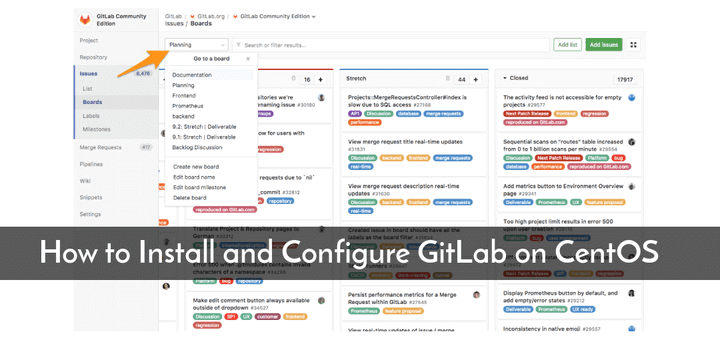
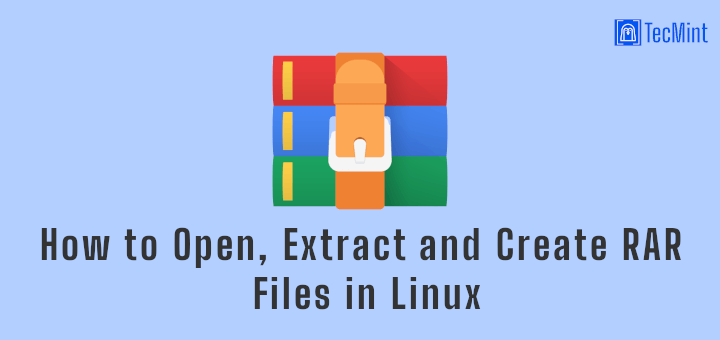
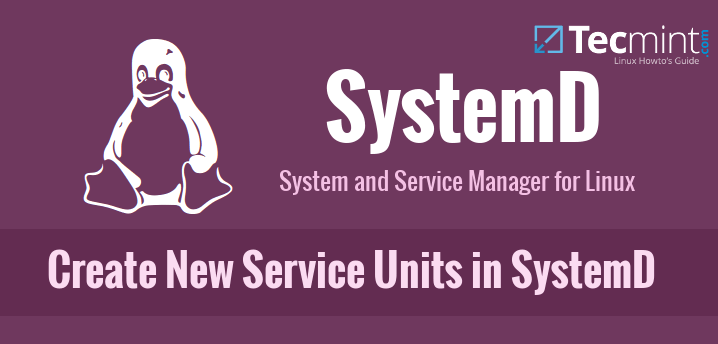
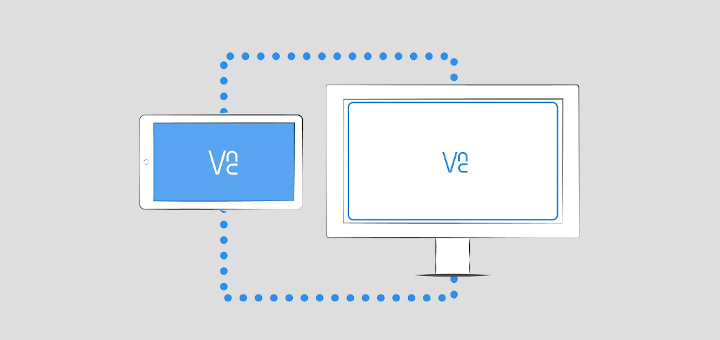
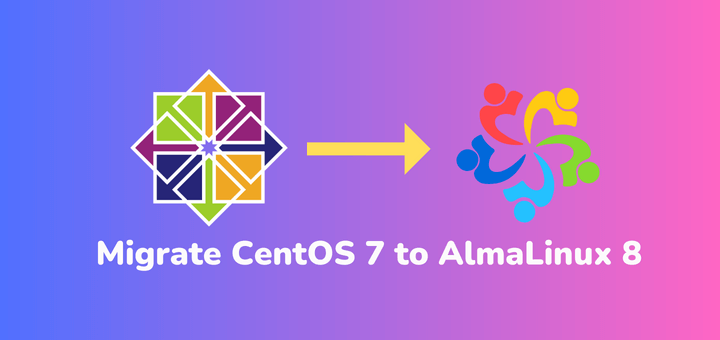
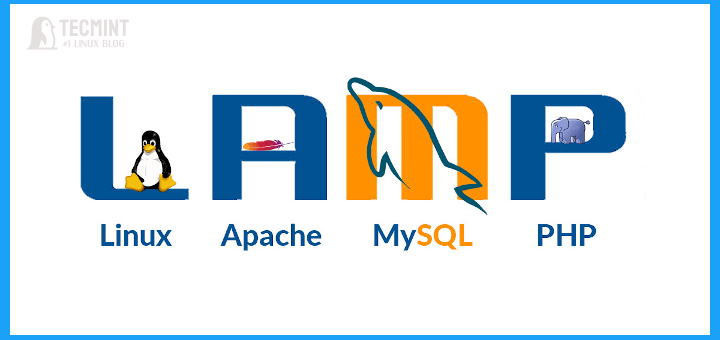
Help, I got success to migration, but after reboot can’t log in with root, before migration no problem login with root.. how to get back login with root? thank for help
Moving to Oracle is like jumping from the frying pan into another frying pan, the same potential for “embrace, extend (the user base of CentOS refugees), and extinguish (following IBMs monetization model) remains. Users with hundreds of thousands of CentOS instances may not want to expose themselves to corporate whims a second time.
“Fool me once, shame on you. Fool me twice, shame on me.”
FOSS robustness leverages independent communities AND corporate institutions, but corporates have completely different motivations than idealist developers and rarely the twain shall meet.
Why bother? Just move to Oracle Linux. It’s free and 100% RHEL compatible. And updates are free without a nag.
@Nash,
Yes, Oracle Linux is free and 100% application binary compatible with RHEL Linux. It’s a “rebuild distro” based on Red Hat Enterprise Linux sources and much like CentOS Linux.
We are creating the next RHEL based Enterprise Linux – the same as CentOS used to be. The targeted first release is January 31, 2021.
Looking for both volunteers or people who want to be paid for their efforts. Join us to secure Enterprise Linux as a free (as in beer and freedom) for the foreseeable future.
https://monkos.org